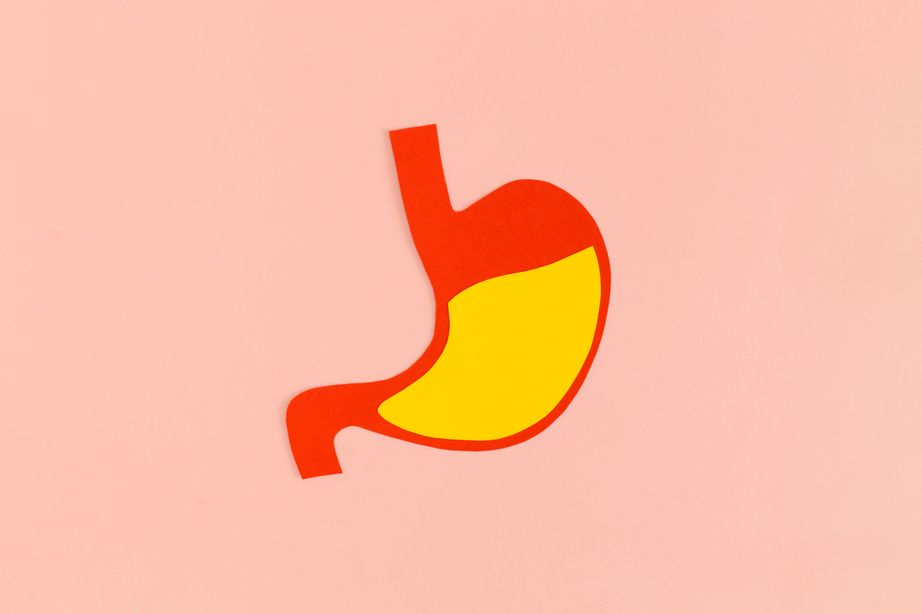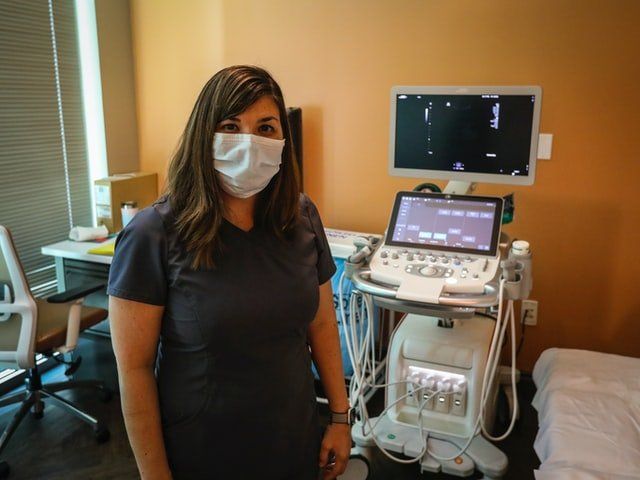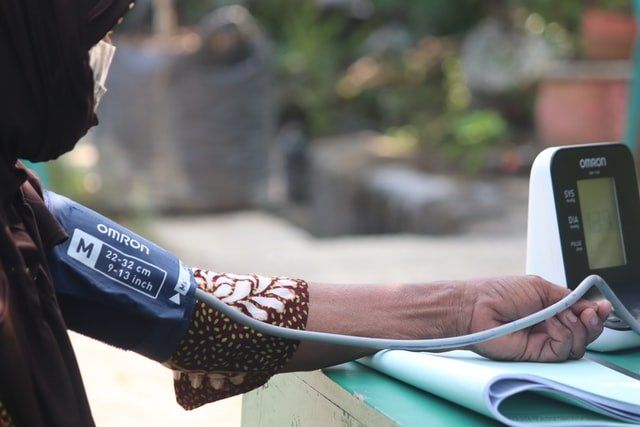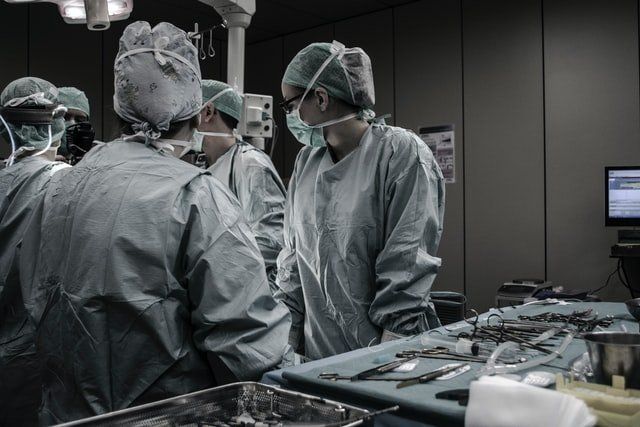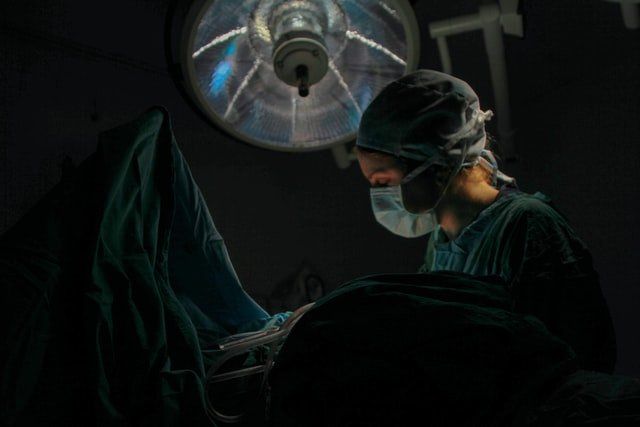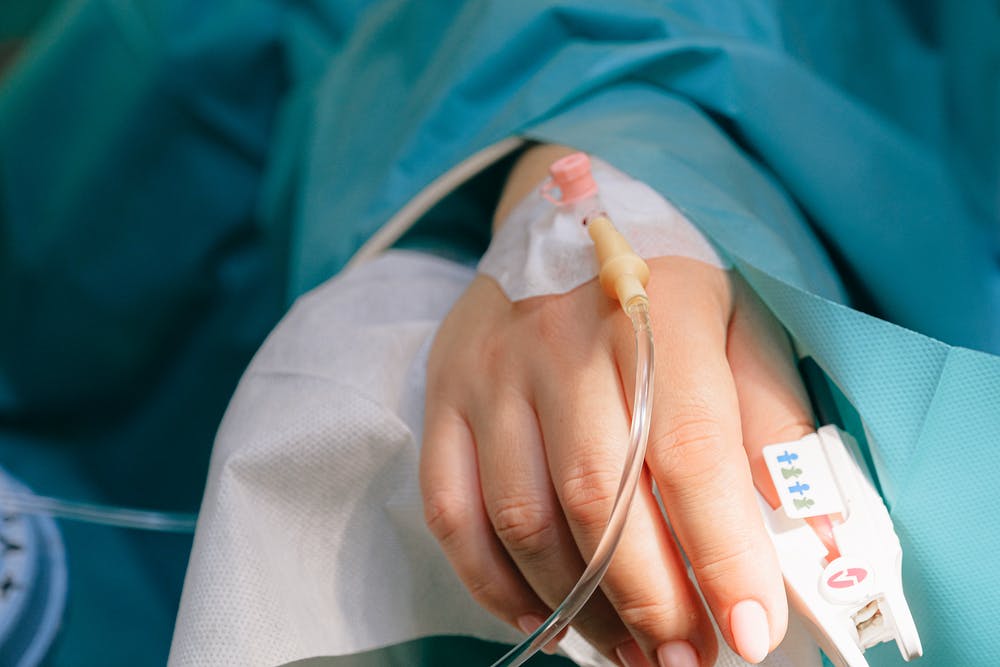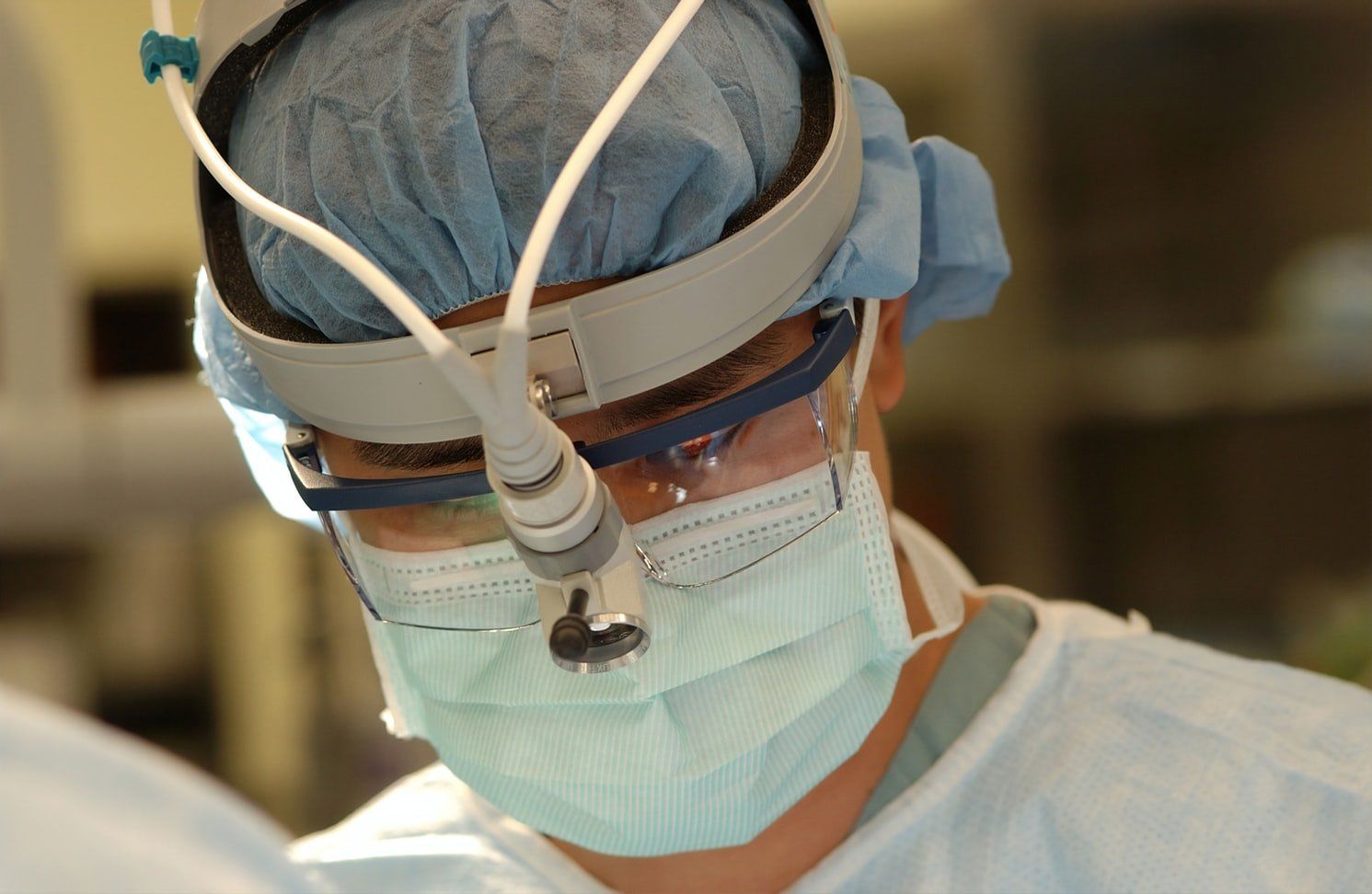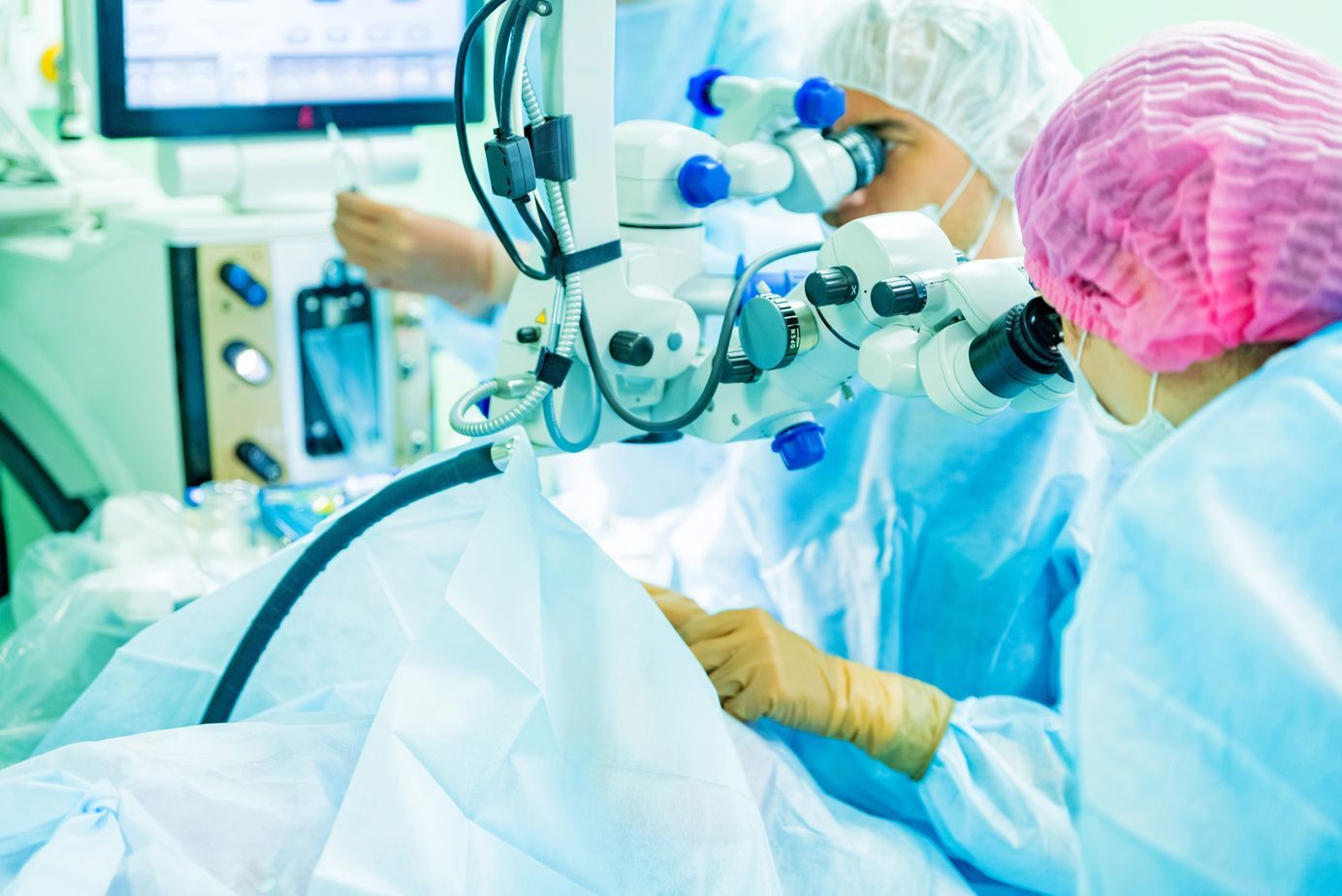Barrett's Esophagus: What You Should Know
The esophagus connects your mouth with your stomach. Barrett's esophagus happens when the cells that line the esophagus' lower part, called squamous cells, are replaced by intestinal cells, which are a different type of cell.
This happens when repetitive damage occurs inside the esophagus, which is common in people suffering from GERD or gastroesophageal reflux disease.
In this post, the best gastroenterologist in NJ sheds light on Barrett's esophagus, so if this is something you are interested in, read on as you'll learn more than the basics in this post:
What Are the Risk Factors?
The ones who are at a high risk of getting Barrett's esophagus have the following risk factors:
Age: If you're 50 years old or above, there's a high chance that you may be suffering from this condition. This is because as we age, our body's immunity heals and regenerates slower.
Being male: This by far is the most common risk factor. Men are more likely to develop Barrett's esophagus when compared to women.
Eating habits: This is another major factor, as there is a higher chance of getting Barrett's esophagus if you tend to eat irregularly and don't chew your food well. This can hinder the digestive system and affect the esophagus as well.
Frequent heartburn: If you're suffering from frequent heartburn, you must ask yourself if you have Barrett's esophagus. It's common among people with heartburn, and there's a high chance that you might be suffering from Barrett's esophagus if you're constantly having heartburn.
What Are the Symptoms?
The symptoms are varied, and anyone would rarely have the same symptoms. Here are some of the symptoms of Barrett's esophagus:
- Heartburn
- Dry cough
- Persistent chest pain
- Unexplained weight loss
- Unexplained fatigue
These are just some of the symptoms that don't necessarily mean that you're suffering from Barrett's esophagus; it just means that you need to undergo further examinations.
How Barrett's Esophagus Is Diagnosed
Some tests can be done to diagnose this condition:
Barium swallow: This is one of the most common tests conducted to diagnose Barrett's esophagus. A barium drink is taken, and the doctor observes it as it passes through the esophagus. If there are abnormalities, it's a sign of Barrett's esophagus.
Endoscopy: This is another standard test that's done to diagnose Barrett's esophagus. Basically, a tiny camera is inserted into the esophagus, and a sample of the lining is taken for further examination.
Barrett's Esophagus Treatment
There's no one treatment for Barrett's esophagus. In most cases, the doctor might just monitor the condition or the symptoms. But in some cases, the doctor might recommend some medications to control the pain that comes with it and repair the damaged parts of the esophagus.
If the condition didn't change, the doctor might recommend surgery. And if this doesn't help either, the doctor might recommend radiation treatment or chemotherapy.
Conclusion
If you have any of these symptoms and have a history of GERD, you should consult your doctor immediately. The doctor might recommend an endoscopy or barium swallow test to confirm the condition. If you have Barrett's esophagus, you should also seek the help of the best gastroenterologist in NJ. Remember, this is a progressive disease, and the earlier you catch it, the higher the chance you can reverse it.
Michel Kahaleh is the
best gastroenterologist in NJ
who can help with Barrett's esophagus or other gastrointestinal concerns. Contact us today to set an appointment!

